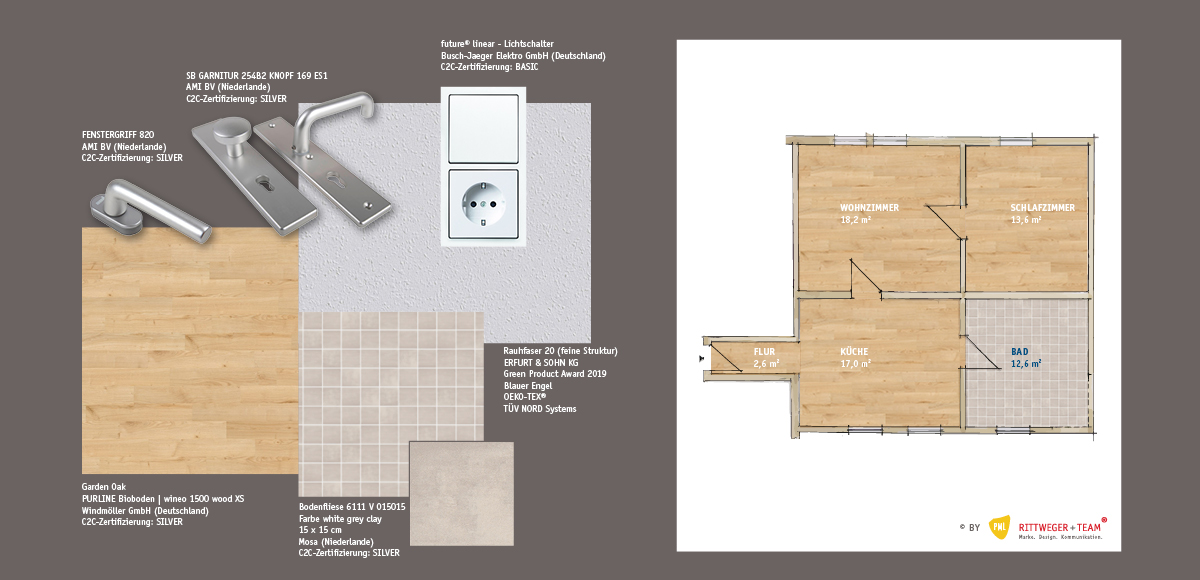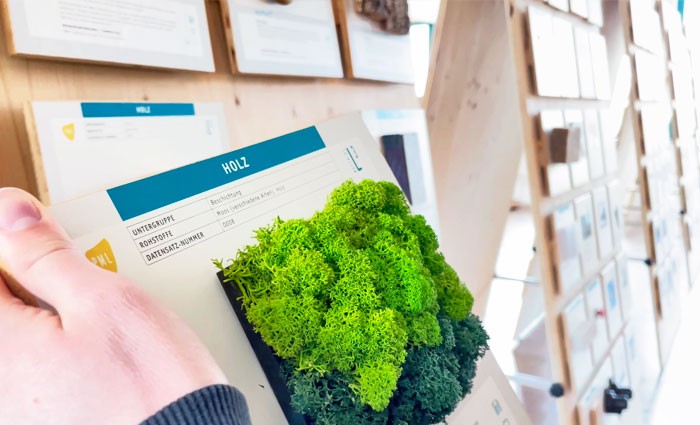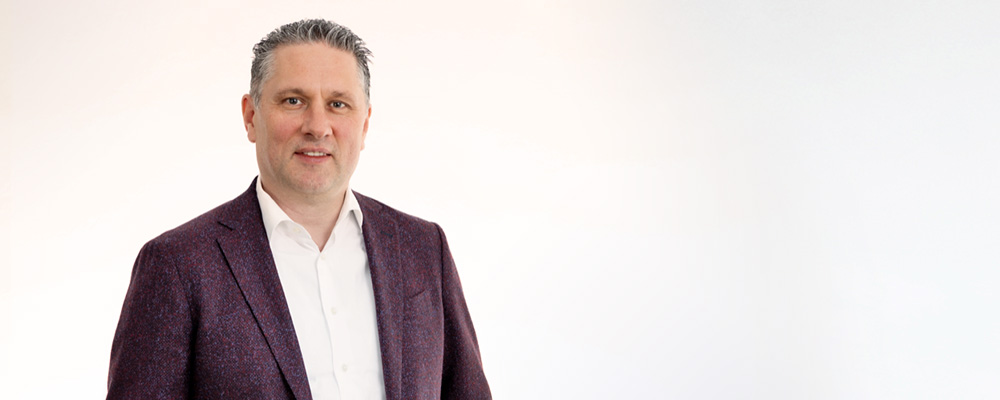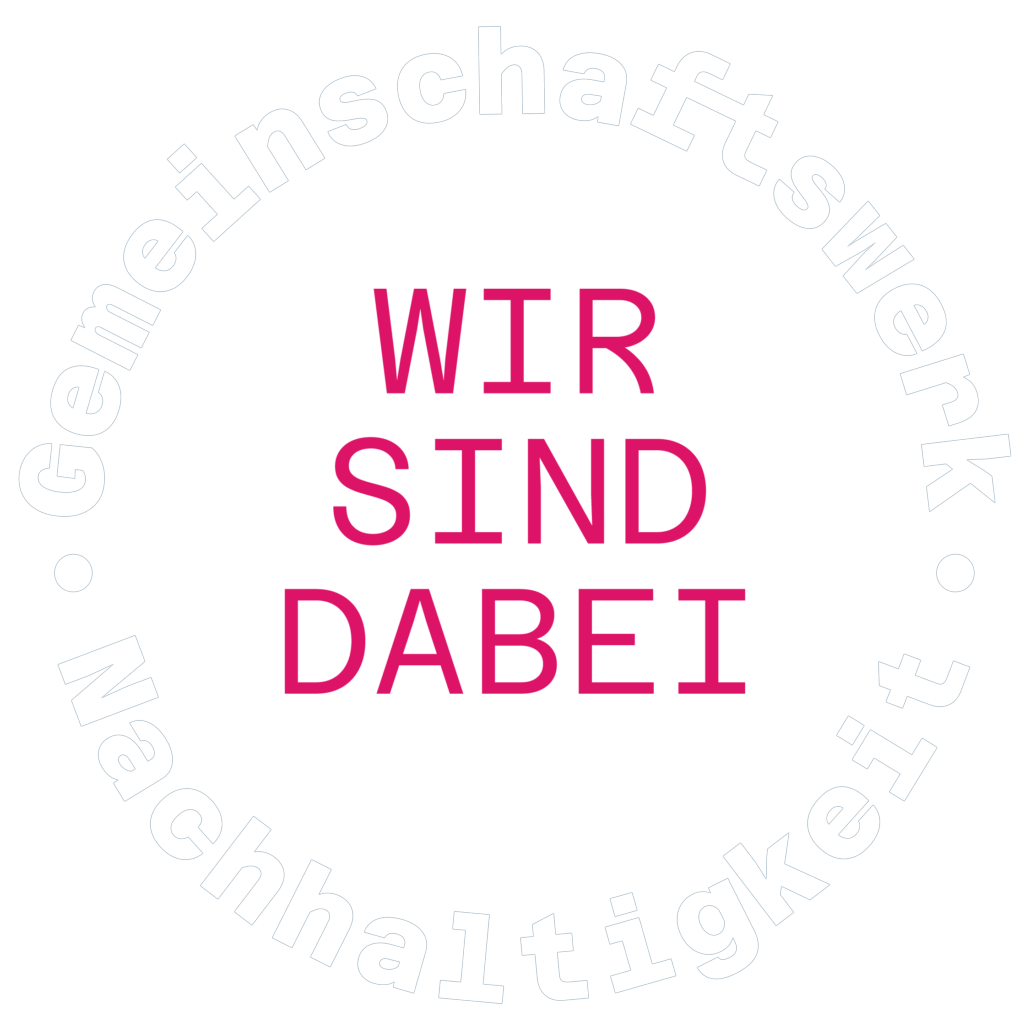Material Research.
Through our in-house Circular Material LAB, our connections with leading experts in materials research and our access to extensive databases, we at RITTWEGER and TEAM are able to research and recommend recyclable and toxic-tested materials and/or renewable raw materials during the design phase.
Material concept for rental flats initiated by RITTWEGER and TEAM according to Cradle to Cradle Certified™ product standard
Circularity: Designing products in a circular way
In the circular economy, it is crucial to keep products and materials circulating at the same or higher quality level for as long as possible. Our experienced team can assist you in designing products that can be managed in biological or technical cycles.
Our team has extensive experience in life cycle, product and packaging design and we are ready to support you in your design process. With more than 400 materials, our Circular Material LAB forms an ideal foundation for the innovative, sustainable design of recyclable products and packaging.
Material Health: Detoxifying supply chains through pollutant-tested product design according to the Cradle to Cradle Certified® standard.
The core of a Cradle to Cradle Certified® product is its material composition. Through a detailed identification and assessment of ingredients using a scientifically rigorous process, all used or required ingredients are analysed from a health and environmental perspective. This enables the creation of a human and ecotoxicological material profile and traceability of the ingredients used throughout the entire supply chain.
The premise here is to develop products in a way that they are inherently healthy and environmentally positive from the outset. With our expertise as Cradle to Cradle® Design Consultant we support you in the development of closed material cycles and innovation processes based on sound material research.
Bio-economy: Sustainable substitution through bio-based innovation materials
In the bio-economy (also known as the bio-based economy), renewable resources are produced and used to partially or completely replace fossil raw materials. Biogenic raw materials (of biological or organic origin) such as plants, animals and microorganisms as well as their products are used. Biological processes for the production of a wide range of substances, e.g. in bioreactors, are a focal point.
In addition to food and animal feed, the material use of agricultural raw materials is also playing an increasingly important role. This includes, for example, wood-based construction and building materials, bioplastics, as well as textiles. This is where our Circular Material LAB comes in, offering you a diverse overview of innovative, bio-based materials. We would be happy to advise you on selecting the right materials for your products, packaging, or interior design.
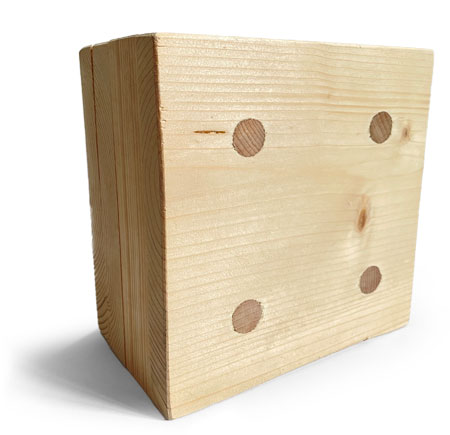
Sample of a wood building material from our Circular Material LAB
We offer the following interdisciplinary project-related services:
- Capture and identification of all products and ingredients
- Referral to experts for scientific evaluation of material health
- Expert assessment and recommendations for dealing with pollutants
- Database research and selection of alternative/pollutant-tested materials
- Establishment of a Europe-wide accessible and physically usable material library for sustainable materials, technologies, and processes for resource-efficient sustainable product development and circular economy.
- Outlining closed material cycles (biological/technical cycle) for product designs, business, distribution and recycling concepts
- Material selection for buildings or interior design
- CO₂e (carbon dioxide equivalent) accounting for building materials
- Modelling of CO₂e-neutral buildings
- CO₂e balancing of buildings taking into account the entire life cycle
- Verification of sustainability claims in accordance with the EU Green Claims Directive
- Communication and PR for the project
Good to know.
Cradle to Cradle Certified® – one of the world’s highest quality standards for eco-effectiveness
The Cradle to Cradle Certified® product standard is currently the most comprehensive and rigorous assessment system for the sustainability of materials and products. Developed by the Cradle to Cradle Products Innovation Institute, it is based on the principles of the circular economy. For product designers and developers, as well as municipal clients, Cradle to Cradle Certified® certification provides a guide and rating system for designing and developing healthy and circular products.
